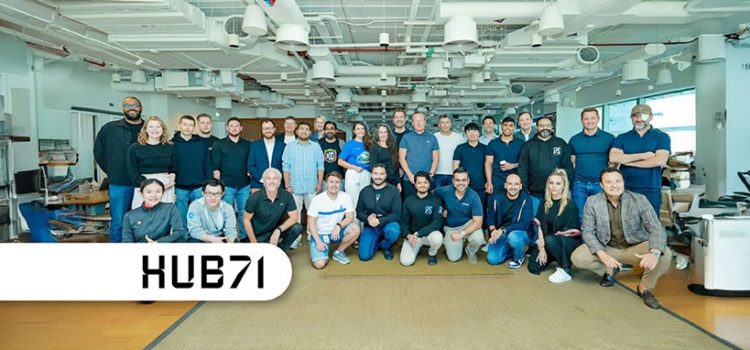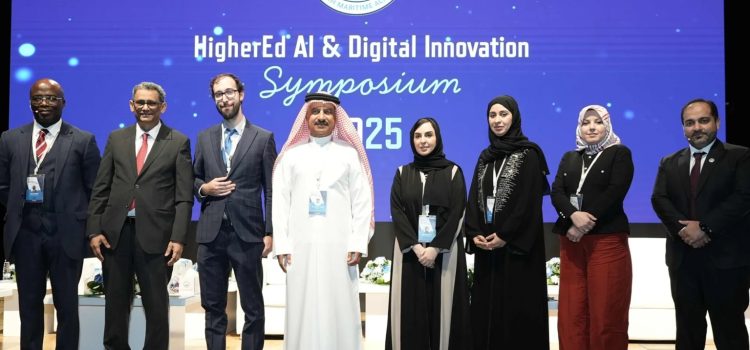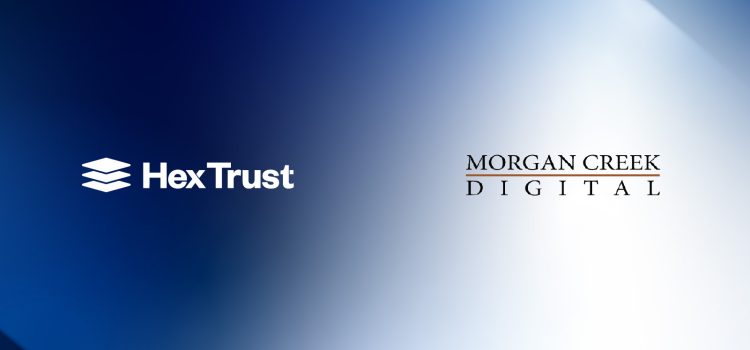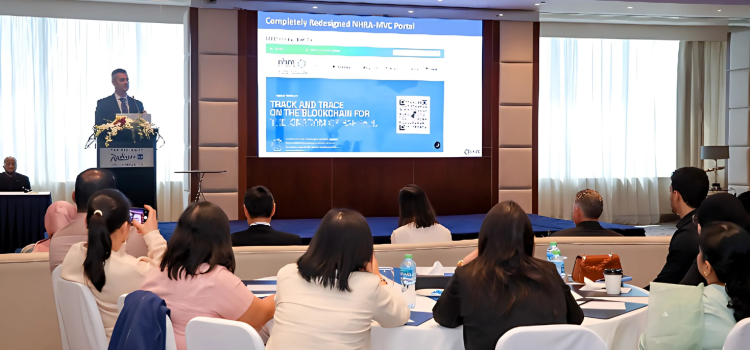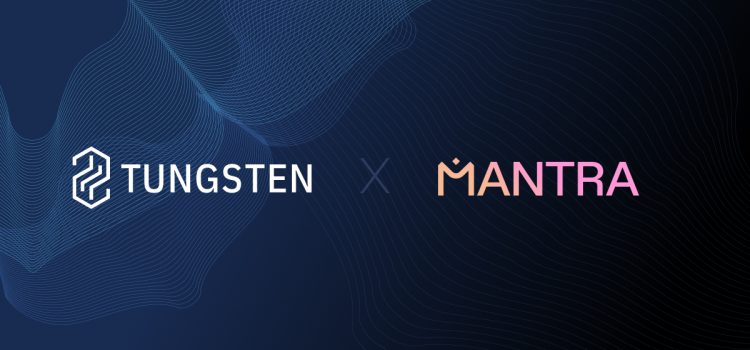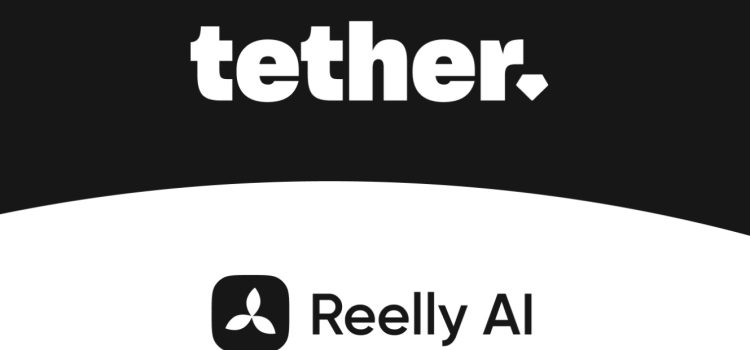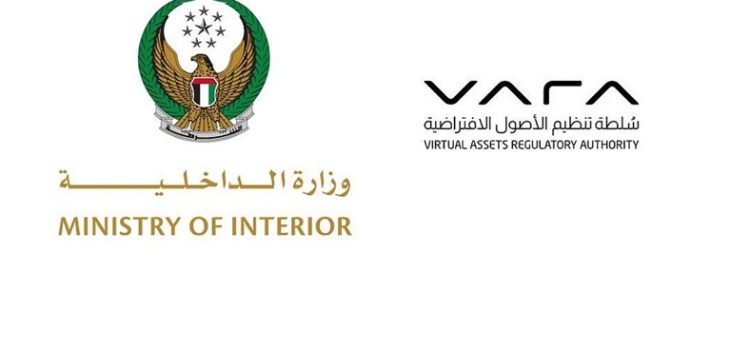
Hub71, Abu Dhabi’s global technology ecosystem, has admitted, five digital asset startups out of a total of 27 startups into its latest Cohort 16. The startups span across its three programs: Access, Hub71+ ClimateTech, and Hub71+ Digital Assets. Invoice Mate, Rilla Network, Sustainable Bitcoin Protocol, and 1Money are part of the Digital assets program.
Since the onset of Hub71 the venture ecosystem has support 357 startups, collectively securing over $145 million with an average of $4.9 million per company.
Over 1,300 companies/startups submitted applications. Under the Hub71 Digital assets program was InvoiceMate is a Blockchain & AI powered platform bridging conventional businesses with crypto liquidity, Redbrick is a cloud-based game and metaverse engine using blockchain and AI to streamline creation and distribution for all skill levels, Rilla Network is a decentralized infrastructure that unlocks the hidden potential of live streaming ecosystems while delivering exponential savings, Sustainable Bitcoin Protocol enables institutional investors to embed verifiable clean energy into their Bitcoin holdings—transforming Bitcoin’s distributed energy demand into a catalyst for the global energy transition, and 1Money which is developing the world’s first payment network exclusively designed for stablecoins, and specifically engineered to be the fastest, cheapest, and most compliant.
Among the new participants in Hub71’s Access programme is Vivan Therapeutics, a UK-based precision medicine company developing AI-driven cancer treatments using fruit fly models. The firm has raised US$10 million (AED 36 million) in funding. While in the Climate Tech program is Theion, a German company focused on developing sustainable sulphur-based batteries that can store up to three times more energy than conventional batteries.
Ahmad Ali Alwan, CEO of Hub71, said, “The selection process is highly competitive, reflecting the exceptional calibre of startups in our ecosystem. These companies are advancing innovation across key tech sectors while strengthening Abu Dhabi’s position as a global tech hub.”
The selected companies will benefit from access to Hub71’s network of mentors, partners, and investors, providing them with market opportunities, talent, and capital to support their commercial growth.








